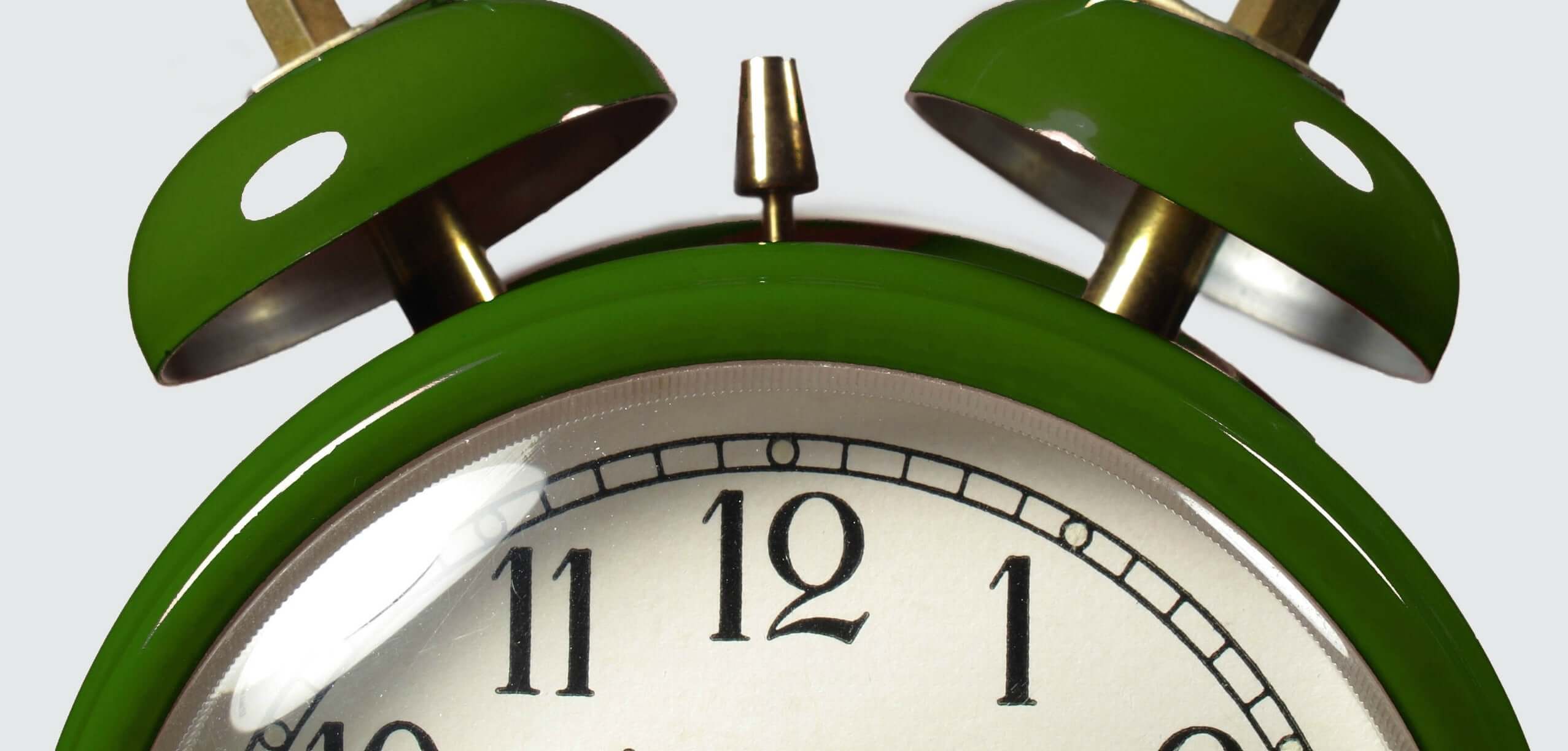Breathe in. Breathe out.
Take a deep breath in and, without releasing your deep breath, read to the end of the following paragraph.
Sleep apnea is a sleep disorder characterized with pauses in breathing, shallow breathing or infrequent breathing. These pauses can last several seconds or several minutes. More than extreme snoring, the paused breathing causes carbon dioxide to build up in the bloodstream. When the brain and body don’t get the proper amount of oxygen, many harmful and sometimes life-threatening side effects can occur.
Now release your deep breath. How do you feel? Imagine being asleep and doing that over and over throughout the night without realizing it. This is a small example of what people suffering from sleep apnea go through – every night.
Types of sleep apnea
- Obstructive sleep apnea (OSA) – While the muscles of your body naturally relax during sleep, the muscles in the back of your throat relax as well. Your airway, which is made up of collapsible walls of soft tissue, can cause a breathing obstruction during sleep.
- Central sleep apnea (CSA) – This type of sleep disorder is caused by your brain’s respiratory control center to be imbalanced during sleep. As carbon dioxide levels increase in the blood stream, this mechanism in the brain ceases to respond quickly enough to maintain an even respiratory rate.
Symptoms of sleep apnea
Many people are unaware they suffer from sleep apnea. Diagnosing sleep apnea involves an evaluation of symptoms combined with a participation in an overnight sleep test. Some of the symptoms include:
- Breathing problems during sleep
- Extreme daytime fatigue
- Fighting falling asleep throughout the day
- Slowed reaction times
- Vison problems
- Morning headaches
- Memory or learning problems
- Not able to concentrate
- Feelings of irritability, depression or mood swings
- Dry mouth or sore throat upon waking
- Serious health problems such as high blood pressure, heart disease, stroke, weight gain and in severe cases, even death.
Risk factors
There are many risk factors for sleep apnea that include but may not be limited to:
- Overweight
- Male
- Hereditary
- Over the age of 65
- A smoker
- Deviated septum
- Enlarged tonsils or adenoids
- Allergies or other medical conditions that lead to nasal congestion or blockage
CSA specific risk factors
- Severe illness such as heart disease, stroke, neurological disease, spinal or brain injury
Prevention
Sleep apnea can be scary when considering the risk factors and symptoms, but there are ways to help alleviate sleep apnea with some lifestyle changes.
- Exercise regularly
- Quit smoking
- Avoid alcohol, sleeping pills and sedatives before bed
- Stay away from caffeine and heavy meals before bed
- Maintain regular sleep hours
- Sleep on your side
- Prop your head up while sleeping
- Open nasal passages with saline spray, breathing strips or a neti-pot
Medical Treatments
If your sleep apnea condition can’t be self-regulated there are medical treatments that may be prescribed by your doctor.
- Continuous positive airway pressure (CPAP) device used while sleeping
- Automatic positive airway pressure (APAP) device used while sleeping
- Surgery
Sleep apnea is a very serious health and sleep condition that can be regulated with the support of a medical professional. If you feel you are at risk for sleep apnea or believe you are presenting symptoms please consult your doctor.


